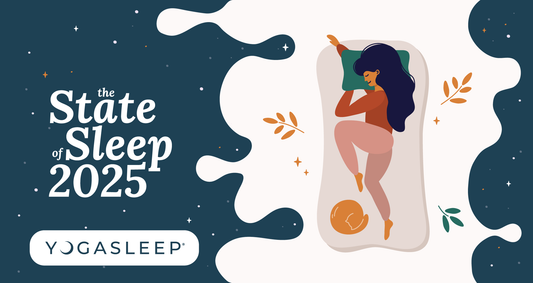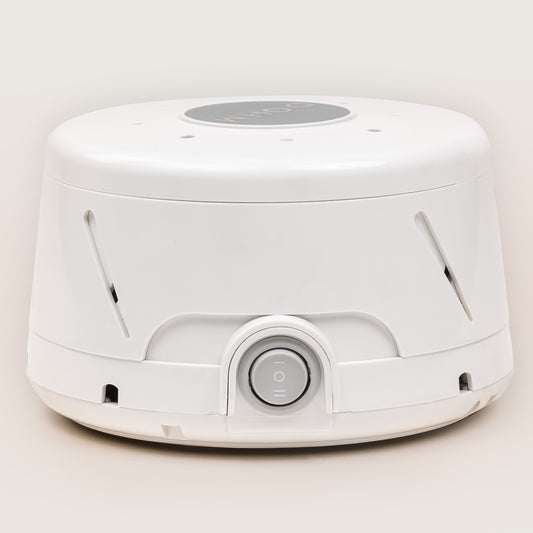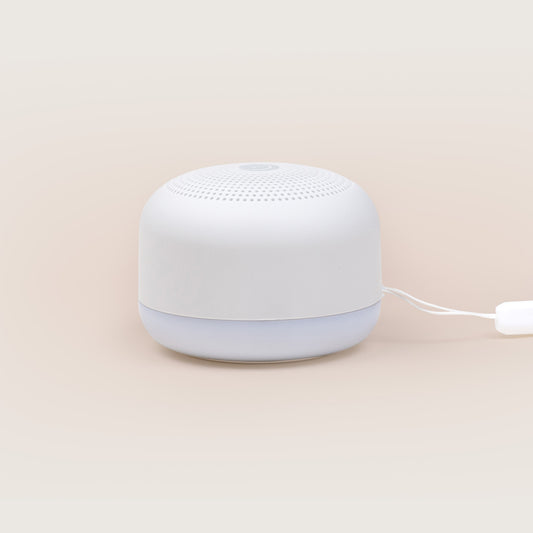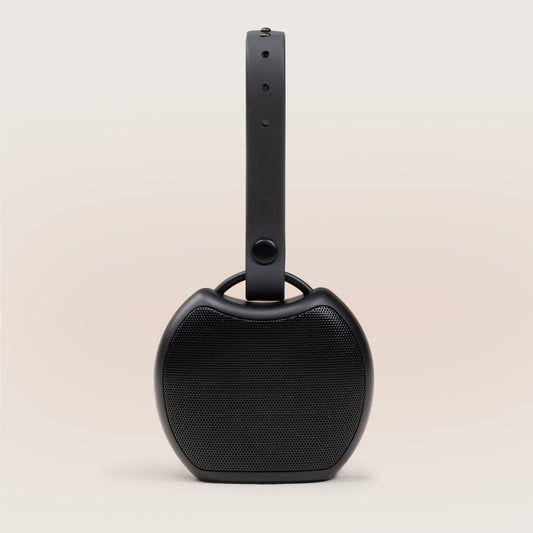10 Tips to Get You Through Daylight Savings Time
Moving the clock forward an hour in spring and an hour back in fall can throw off your body’s internal clock. Here are a few tips to help you adjust to the time change and keep those ZZZs on track.
1. Prep
Start preparing a few days early. A week before “springing forward,” start going to bed 15 to 30 minutes earlier than your usual bedtime. It will help you make up for the lost hour. Plan to get at least 7 hours of sleep on the days before and after the transition.
2. Change Your Clocks Before Bed
Set your clock forward or backward before you go to bed, and then go to bed at your normal bedtime. This will help make the transition a little less jarring come morning time.
3. Stick to Your Schedule
It’s important to be consistent with eating, bed, and exercise times in general—but it’s especially important during the transition. Keeping your body in a steady routine will make it easier to stay on track.
4. Try Self-Care
To help yourself wind down the evenings before the time change, try incorporating self-care into your nighttime routine. For some tips and tricks on how to do so, check out our self-care blog post.
5. Get Some Sun
Heading outside for some morning sunlight will help to wake you up and get your body and brain moving. Light helps your body’s circadian rhythm work properly , which makes it easier to adjust to the time change.
6. Avoid Naps
Napping midday is tempting, especially if you’re feeling sluggish. While some people may say you should avoid naps completely, there is one thing everyone agrees on: avoid long naps during the day . Skipping the mid-day nap is key when adjusting to the time change, as long daytime naps could make it harder to get a full night’s sleep. Try to aim for 10-to-20-minute naps, and don’t nap after 3 p.m.
7. Stay Away from Caffeine and Alcohol
To make sure you get a decent night’s rest and are able to wind down at bedtime, cut out caffeine four to six hours before you’re planning on going to sleep. You should also stay away from that evening adult beverage — while it may feel like alcohol makes you tired, it can actually interrupt your sleep cycle and cause you to get less-than-ideal snoozes.
8. Exercise
To help regulate your body clock, try getting some exercise during the day. Even moderate exercise like walking can improve your sleep . Aim for at least 30 minutes of moderate exercise a day, but try not to get your heart pumping too close to bedtime.
9. Create a Sleep Sanctuary
Time changes in general are a great opportunity to perfect your sleep space. Consider adding a sound machine for soothing white noise , a night light for a relaxing ambiance, and cozy sheets to create a sleep oasis that encourages you to drift off for a night of blissful, restorative sleep.
10. Get Out of Bed
Experts say if you can’t sleep, get out of bed. If you’re finding it hard to doze off at your normal bedtime due to the time change, consider getting up and doing a mundane task, like reading or knitting, until you feel ready for sleep. Here are some more tips if you can’t quite seem to hit the hay successfully.
Hopefully, these tips will help ease some of the stress of time changes during Daylight Savings Time. For more sleep tips, follow us on Instagram !
Daylight Savings Time Schedules
2022
Spring Forward: Sunday, March 13th
Fall Back: Sunday, November 6th
2023
Spring Forward: Sunday, March 12th
Fall Back: Sunday, November 5th
2024
Spring Forward: Sunday, March 10th
Fall Back: Sunday, November 3rd
Disclaimer: The information on our site is NOT medical advice for any specific person or condition. It is only meant as general information. If you have any medical questions and concerns about your sleep, please contact your healthcare provider.













